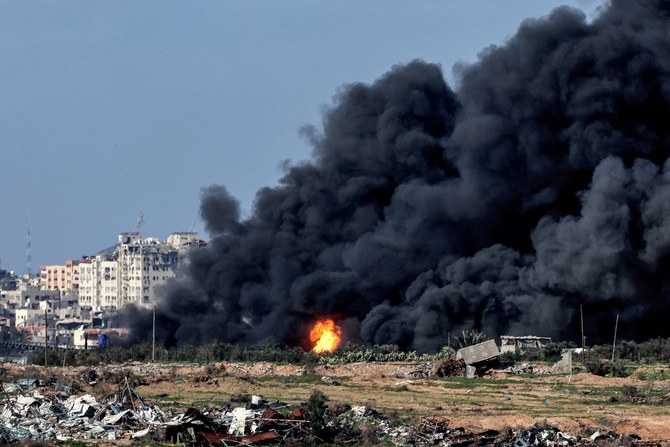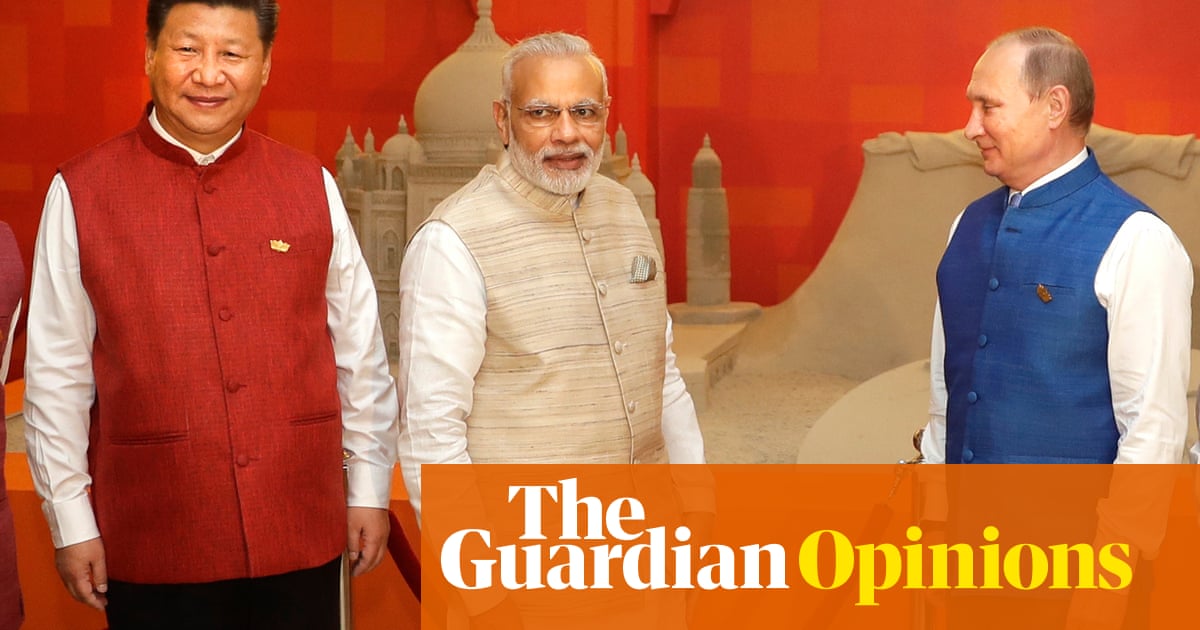
The Syrian regime has managed to split Eastern Ghouta into three zones, in a tactic aimed at preventing the different rebel groups fighting in the area from coordinating against it. This development is widely seen as another step forward for the regime in its efforts to regain control across Syria. Many in the West have started arguing that the Syrian regime is approaching “victory” in the conflict and that policymakers and international agencies should position themselves accordingly.
But the notion of “control” that is used to talk about Syria in the public domain in the West is often reduced to military matters. This is problematic because it overlooks the non-military dimension of what “control” encompasses, such as economics and governance. Overlooking these two aspects skews the reality of on-the-ground dynamics in Syria as they pertain to the different actors involved in the conflict, as well as dynamics related to the involvement of foreign actors.
A scan of the Syrian conflict landscape reveals divergences between military, economic and governance dynamics in different areas. In the north west for example, many interpreted Hayat Tahrir al-Sham’s military presence as all-encompassing control. Hayat Tahrir al-Sham managed to exert military control in Idlib at a level higher than that of other military groups for a significant period of time, but its attempts at laying its hands on governance there have not been as successful. Its establishment of a “civil administration” was met with resistance by civil society groups, and many local councils also rejected its efforts at infiltration.
Economically, Hayat Tahrir al-Sham took over the provision of electricity and water in Idlib to use service distribution as a source of income. It also imposed taxation on goods, especially lucrative ones like cement and fuel, being transferred into areas under its oversight from areas ruled by other armed groups. Although Hayat Tahrir al-Sham was fighting some of those armed groups, it was engaging economically with them. The same dynamic applies to other groups in the north west that would often fight and trade with one another at the same time, such as al-Jabha al-Shamiya and the YPG.
In Eastern Ghouta, the Syrian regime imposed a siege of almost five years on the area but pro-regime groups were also engaging economically with rebel groups inside Eastern Ghouta like Jaysh al-Islam. The groups inside dug up tunnels through which goods were smuggled into Eastern Ghouta, but often the entities supplying those goods to the smugglers were pro-regime elements that were benefitting economically from this trade with their opponents.
While the regime might eventually take over Eastern Ghouta after a bloody and fierce battle, this will not necessarily lead to the provision of services by the state to the area. If the case of Eastern Aleppo is taken as a comparable example, Eastern Ghouta is likely to continue to be deprived of vital services and will be run by pro-regime militias that engage in looting and extortion of local residents.
Even in areas that have remained under regime oversight, such militias are already engaging in economic activities based on looting and extortion without much intervention from the state. This is partly because the Syrian state has reduced capacity when it comes to its security and military institutions and has become dependent on these militias for survival, but also because it is not entirely able to control their activitie. Moreover, pro-regime elements like some of its business elites have been engaging in facilitating the smuggling and sale of fuel produced in areas under ISIS rule to Iran.
At the state level, the Syrian regime has been offering trade and investment contracts to Russia and Iran that are sometimes based on promises to deliver the same resource to both, when the size of the resource on offer is too small to be delivered at a substantial level to more than one foreign player.
What these dynamics show is that it is simplistic to interpret any military takeover of geographical spaces in Syria as an all-encompassing “victory” for any side.
For the regime, military control does not mean restoring the authority of the Syrian army, because it often relies on militias to hold areas it has taken back, such as in the case of Eastern Aleppo. It also does not mean the restoration of services; military control is not automatically coupled with reinstating governance in its pre-war terms. Military control also does not mean that the state will be in charge of areas economically, or that it will benefit from them fully in this regard. The proliferation of non-state actors that the state needs to keep satisfied will translate into a strain on its resources. The clientelistic relationship that the Syrian regime has established with Russia and Iran will also hold the state hostage to them economically.
Turkey’s military campaign on Afrin and the expansion of its own influence on the ground in Syria also means that the Syrian regime will find it difficult to extend its military control in the north west because that would put it in direct confrontation with Turkey. This further challenges the notion that the Syrian regime is “winning” the war in Syria.
Even if the Syrian regime eventually takes over the north west, the medium-term projection for the Syrian state is that it will face pressure from below and from above: from the pro-regime non-state actors it has created directly and indirectly, and from its external patrons. Military “victory” for the regime then is not going to restore state sovereignty in Syria.












